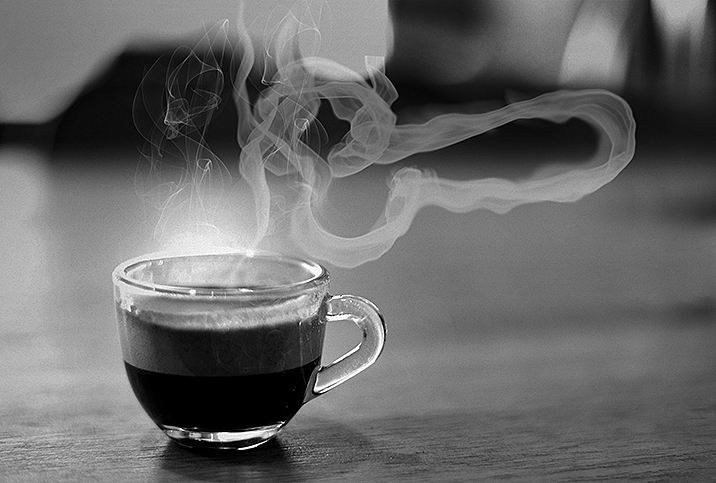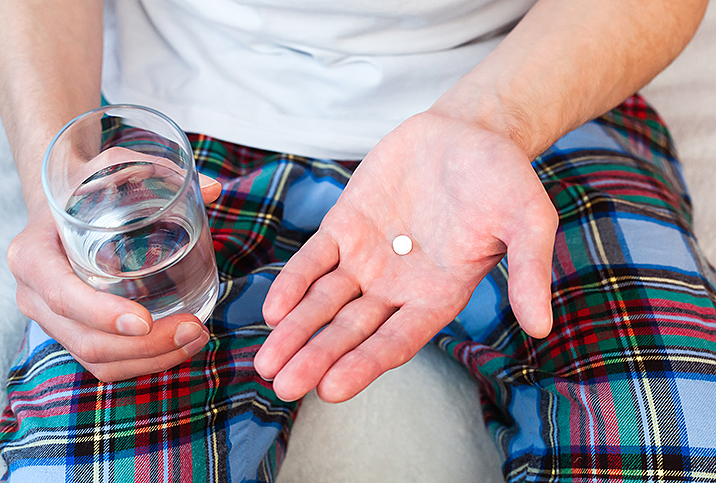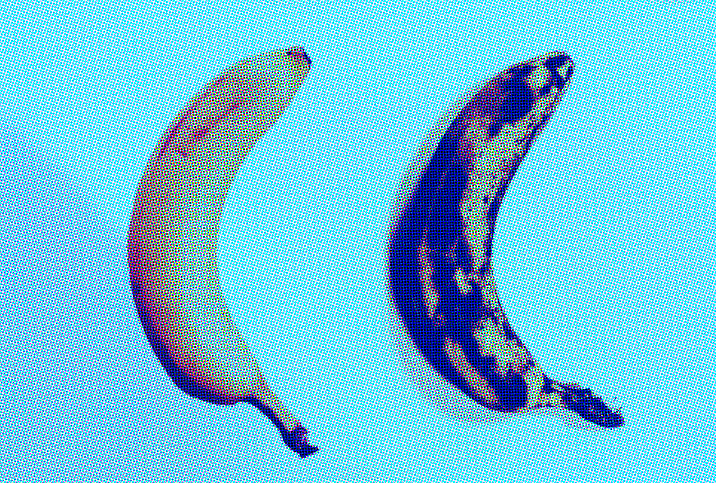Is a Lack of Nocturnal Erections Cause for Concern?

Sure, men might be biased, but ask any guy and he'll tell you about how his penis is endlessly fascinating.
Erections—and a lack thereof—have long been the subject of study, slander and silliness. For millennia, poets, princes and potentates have laughed and wept at the behavior of the willy in plays, stories and songs. Men were probably puzzling over the mysteries of boner behavior around their cave fires before language was even invented.
Apart from the dreaded schoolboy fear of getting an erection while standing in front of the class, another fascinating subject for modern penis owners is the phenomenon of nighttime erections, also known by their medical (and entirely less fun) term, nocturnal penile tumescence (NPT). You usually only notice the last one of each night, famously dubbed "morning wood."
But besides its place in weird penis lore, nighttime erections may well be an important indicator of penile health. They may even point toward your overall physical well-being. Here's why.
Goodnight, penis. Good morning, wood
To understand why nocturnal erections are such a critical indication of sexual health and even the overall function of the body, we need to look at what the penis gets up to, so to speak, while you're sleeping.
Erections are a function of the parasympathetic nervous system. So when you're making out with someone, surfing porn sites or sometimes just minding your own business, neurotransmitters fire and send signals to dilate the arteries leading to the penis, increasing blood flow.
The smooth muscles of the corpora cavernosa relax, allowing blood to flow in and fill the open spaces. The blood creates pressure and expansion in the corpora cavernosa, making the penis expand and creating an erection.
Why do men get nocturnal erections?
Men typically experience three to five erections throughout the night, each lasting around 30 to 60 minutes. And while there are many theories, the truth is it's not clear why night erections happen. Some theories involve the fact that the parasympathetic nervous system is more active during sleep and the body is relaxed. Testosterone levels also peak in the morning, which may contribute to erections.
Another theory has to do with REM sleep and the neurotransmitter norepinephrine, which normally reduces blood flow to the penis. When norepinephrine levels drop during REM sleep—which happens to be when we dream—increased blood flow to the genitals can result in erections.
What does it mean if I don't get nocturnal erections?
Most erections require a combination of physical, emotional and psychological factors. If a man experiences nighttime erections but has trouble getting or maintaining one during sex, the cause probably isn't primarily physical but is more grounded in psychological issues such as stress, anxiety or depression.
On the other hand, if night boners aren't happening, it can indicate physical problems such as nerve damage, diabetes, high blood pressure or heart disease. Another possible cause of a lack of nighttime erections could be low testosterone, according to a University of California at San Francisco study. If you sometimes experience ED and also notice a steady decline in morning wood, speak to your doctor about getting checked for these physical conditions.
Another option is to try a Rigiscan device, which is a contraption that fits around your penis and measures blood flow and the rigidity of your erections while you sleep.
Straight-up facts
While morning wood has long been the subject of cheeky jokes, nocturnal erections are actually a signpost of your health, and that's no laughing matter. When it comes to a healthy sex life—and life in general—you should definitely keep an eye on whether and how often you experience morning wood. If you suspect you're not experiencing nocturnal erections or they're on the decline, speak with your doctor right away about figuring out what the underlying cause might be.
After all, your boner could be the canary in the coal mine regarding your long-term health.


















